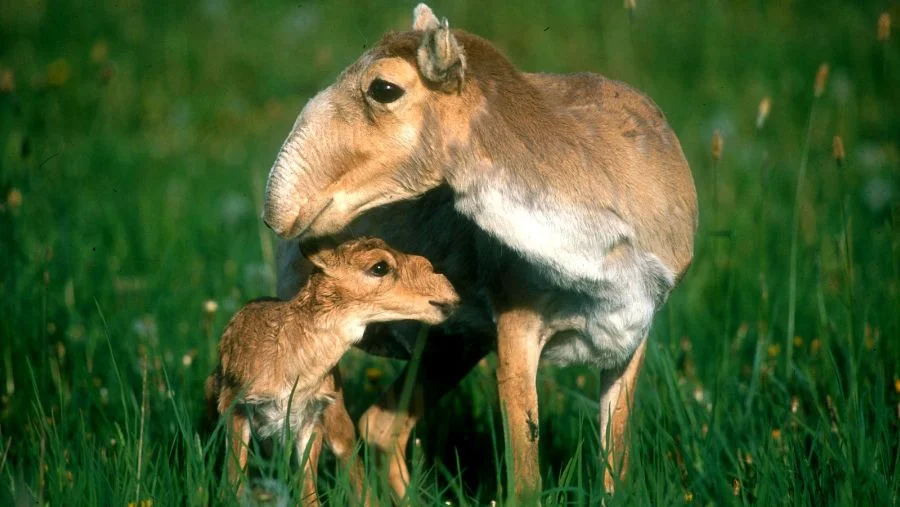Climate cringe: the temperature's rising
/hen we think about climate change, often thoughts focus on water: melting glaciers calving huge slabs into the sea, or rising oceans wiping out most of Miami Beach.
Maybe for our own peace of mind, we spend less time considering the impacts of climate change on land-based life forms. So let’s do just that. Three examples:
(1) Bear. Rising temperatures mean black bears in America are hibernating less than ever before—and in some cases, not at all. Instead of burrowing for months in the cold…with heart rates falling as low as nine beats a minute…the bears are up-and-at-‘em--frequently to their own detriment. Without cold temperatures, the instinct to hibernate disappears. And if warm winters coincide with preceding dry summers, there is often too little to eat in those winter months. Over the warm winter of 2012, conservationists noted that the population of female bears near Durango, Colorado dropped from 203 to 87.
(2) Antelope. In 2015, more than half of the Earth’s rare saiga antelope (photo above) died in a single season. Their bodies littered grasslands across Kazakhstan. It took a couple years for scientists to figure out what happened. Bacteria that naturally dwell in the prominent noses of the saiga suddenly erupted into a new variant which invaded their hosts’ blood streams. They consumed so much blood that the antelope succumbed to anemia. The trigger for this was the environment--rising heat and humidity. Working retroactively, scientists determined that similar sweltry conditions in previous years had caused identical but smaller numbers of deaths.
(3) Human. White House spokespeople tell us the migrants from Central America are fleeing hordes of drug gangsters and sexual predators--or they selfishly want to live off our wealth. Never spoken of are the climate conditions in their homelands which are drying up fresh water supplies…and turning former farmlands arid. If my family were unable to find food or water, I’d be on the move, too. And this trend will explode. It is inevitable. A level-headed scientific study says around the world there will be some 200 million people fleeing equatorial lands by mid-century—just thirty years from now. Other researchers put that number much higher.
Which means that talk of an American border wall may do nothing but intensify in coming years.
And at the same time, Canadians may be building exactly the same thing—to keep Americans out.
Have a comment or thought on this? Just hit the Your Turn tab here or email us at mailbox@cascadereview.net to have your say.



